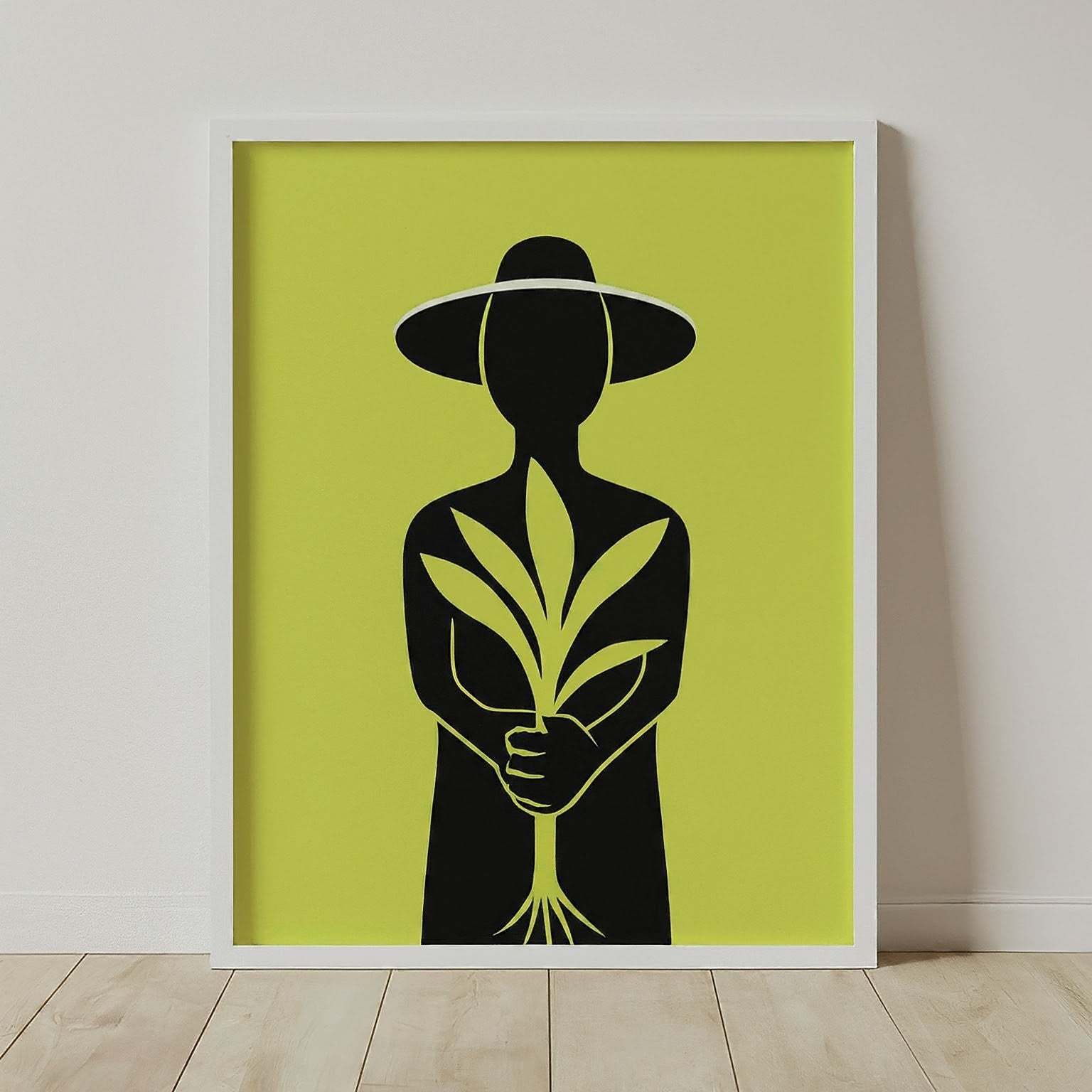For Faster Shipping use Amazon for delivery before Christmas
For Faster Shipping use Amazon for delivery before Christmas

Kava and Fair Trade: Ensuring Fair Wages and Working Conditions for Kava Farmers
May 06, 2025 2 min read
Hey kava community! While we're busy enjoying our favorite root's calming effects, let's take a moment to consider the people who make it all possible: the kava farmers. Have you ever wondered about the conditions they work in, the wages they earn, and how your kava choices impact their lives? Let's dive into the world of kava and fair trade, exploring how we can ensure a brighter future for the hardworking farmers behind our beloved beverage.
Kava Farming: A Labor of Love (and Sweat)
Kava farming is no walk in the park. It's a labor-intensive process that involves cultivating, harvesting, and processing kava roots under often challenging conditions. In many Pacific Island communities, kava farming is a vital source of income and cultural pride. But, like many agricultural industries, kava farming faces challenges like fluctuating market prices, exploitation, and unfair labor practices.
The Power of Fair Trade: A Win-Win for Everyone
Enter fair trade – a movement that aims to empower farmers and workers in developing countries by ensuring fair prices, decent working conditions, and sustainable practices. When you buy fair trade kava, you're not just getting a high-quality product; you're supporting a system that benefits the entire community.
What Does Fair Trade Mean for Kava Farmers?
Fair trade certification for kava typically includes:
- Fair Prices: Farmers receive a minimum price for their kava, ensuring they earn a decent living even when market prices fluctuate.
- Community Development Premiums: Additional funds are invested in community projects like schools, healthcare, and infrastructure.
- Safe and Healthy Working Conditions: Fair trade standards prohibit child labor and unsafe working conditions.
- Environmental Sustainability: Farmers are encouraged to adopt eco-friendly practices that protect the environment.
How to Choose Fair Trade Kava
When shopping for kava, look for certifications from reputable organizations like Fairtrade International or the World Fair Trade Organization. These certifications guarantee that the kava you're buying meets rigorous social and environmental standards. You can also research kava brands to learn about their sourcing practices and commitment to fair trade.
Why It Matters: The Ripple Effect of Fair Trade
Choosing fair trade kava isn't just about helping farmers; it's about creating a ripple effect that benefits entire communities. When farmers earn a fair wage, they can invest in their families, education, and businesses. This, in turn, strengthens the local economy and creates a more sustainable future for everyone involved.
Your Kava Choices Matter
Every time you choose fair trade kava, you're casting a vote for a more equitable and sustainable world. By supporting ethical practices, you're not just enjoying a relaxing beverage; you're making a real difference in the lives of kava farmers and their communities.
#Kava #FairTrade #KavaFarming #KavaCommunity #EthicalSourcing #SustainableKava #SocialImpact #EmpowerFarmers #KavaCulture #ResponsibleConsumerism
Leave a comment
Disclaimer:
The views and opinions expressed in this blog post are those of the author and do not necessarily reflect the official policy or position of Wakacon Kava. Any content provided is for informational purposes only and is not intended as a substitute for professional advice. Wakacon Kava is not responsible for any errors or omissions, or for the results obtained from the use of this information. Readers are encouraged to do their own research and consult with qualified professionals before making any decisions based on the information provided in this blog.
Affiliate Disclosure:
This blog post may contain affiliate links, which means that Wakacon Kava may earn a commission if you click on a link and make a purchase. This comes at no additional cost to you.
Copyright Notice:
All content on this blog is the property of Wakacon Kava and is protected by copyright laws. You may not reproduce, distribute, or transmit any content from this blog without the express written consent of Wakacon Kava.
